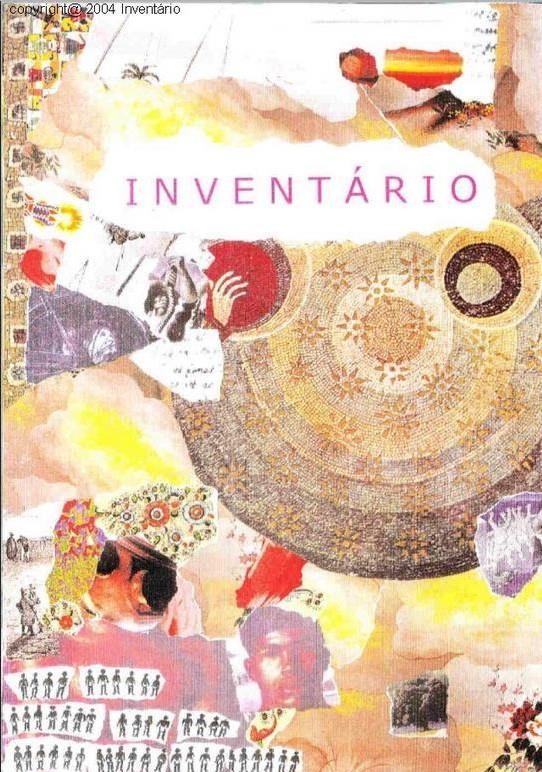RURAL MEN AND WOMEN IN VIRGÍLIO VÁRZEA´S MARES E CAMPOS
Abstract
Virgílio Várzea, despite having written works of every sort, became synonymous with a marinist author, or, occasionally, a regionalist dealing with landscapes. We will seek to position him as a regionalist whose objectives and techniques go hand in hand with those of other authors of the time, such as Afonso Arinos, Valdomiro Silveira and Coelho Neto, having sought through his fiction an understanding of the human element present in the rural areas of his home island, Florianópolis. With the analysis of the tales and certain questions found in the work Mares e Campos, published in 1895, we will consider themes faced by Várzea in particular, and by regionalists of the time in general, in relation to the portrayal of rural people, including their struggles against nature, the socioeconomic problems present there, which could force migrations to urban centers, and also the position of women in that society. Using concepts from Antonio Candido and Ángel Rama, we will also seek to illuminate issues of the language with which these fictions were constructed, considering the speeches of the characters and narrators created by Várzea and, also, positioning the options taken by the author from Santa Catarina with those of other regionalists.







